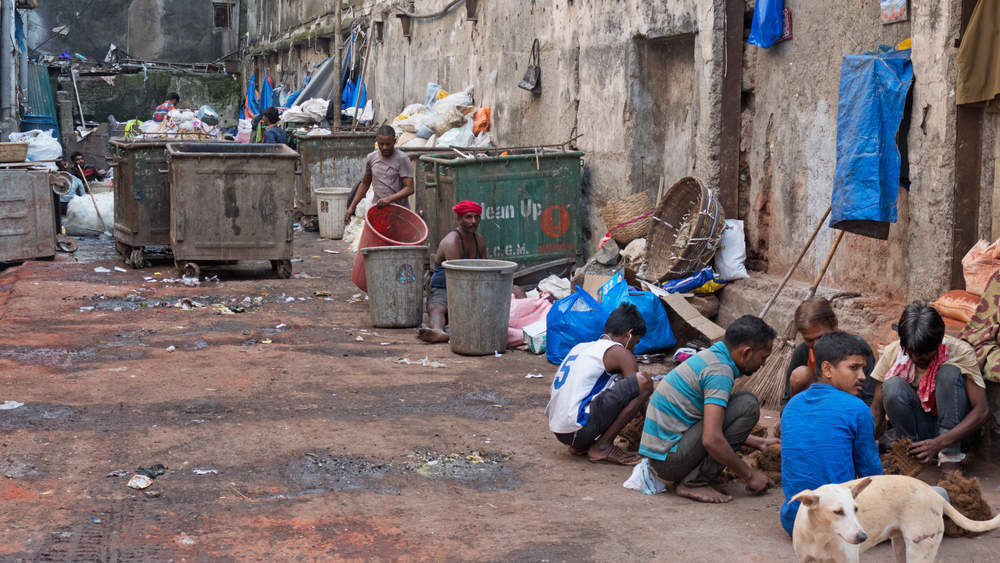
The Indian financial hub of Mumbai is facing business closures and street protests today as Dalits demonstrators continue to block traffic and stage sit ins.
Yesterday thousands of Dalits, who rank at the lower end of India’s ancient caste hierarchy, disrupted traffic and threw stones at busses.
The Dalits called the strike in protest against attacks from right-wing groups in the city of Pune some 95 miles from Mumbai on Monday which left a 28-year-old man dead.
The Dalits community was celebrating in Pune on Monday on the 200th anniversary of a battle they won, fighting alongside British colonial forces, against an upper-caste ruler.
The protests shut businesses and schools in Mumbai and other cities across the state of Maharashtra.
Who are India’s Dalits?
Dalits — which means suppressed, smashed, broken to pieces in Sanskrit — have been ostracised by upper-caste Hindus for centuries assigning them jobs deemed as impure, in waste collection and tanneries.
How well do you really know your competitors?
Access the most comprehensive Company Profiles on the market, powered by GlobalData. Save hours of research. Gain competitive edge.

Thank you!
Your download email will arrive shortly
Not ready to buy yet? Download a free sample
We are confident about the unique quality of our Company Profiles. However, we want you to make the most beneficial decision for your business, so we offer a free sample that you can download by submitting the below form
By GlobalDataIndia has about 200mi Dalits, who were previously known as untouchables, and many suffer social deprivation and economic exclusion.
India is well known for its caste system, but not many associate the world’s biggest democracy with what Dr Sonkar, and many other Dalits, call an apartheid-style state.
India is well known for its caste system, but not many associate the world’s biggest democracy with what some call an apartheid-style state. It’s thought as much as 15 percent of India’s population is still kept on the very margins of society because of untouchability.
While India’s constitution banned the practice of untouchability — in which members of India’s higher castes will not touch anything that has come in physical contact with the Dalits.



